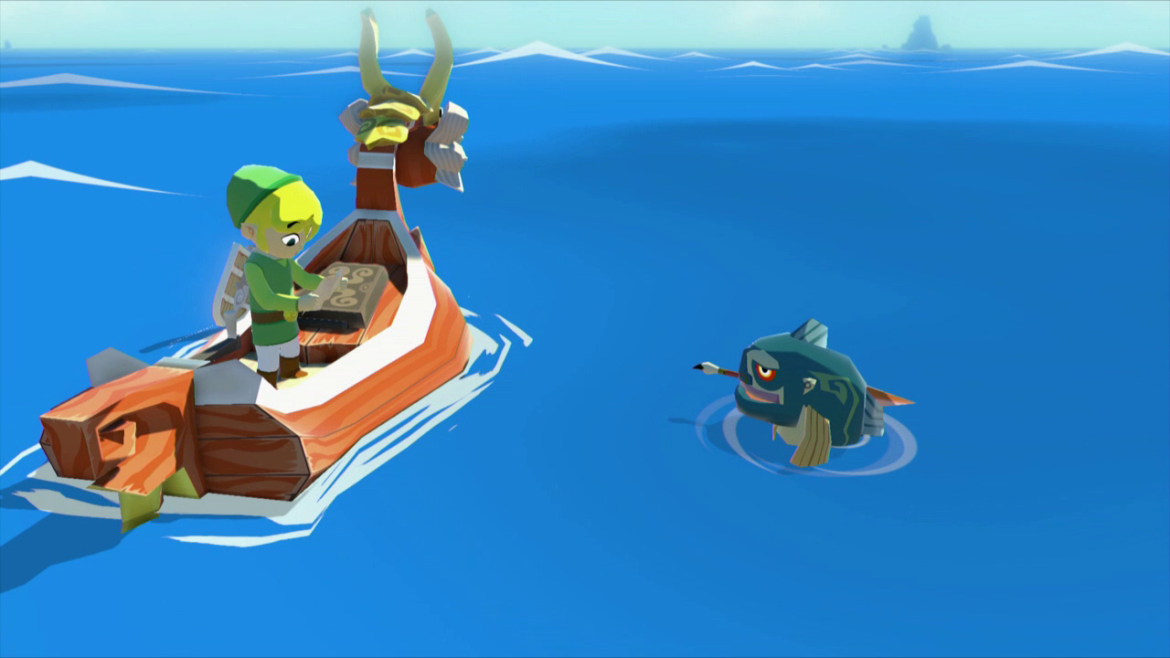Welcome back readers.
We’ve got a diverse slate of cool-and-neat picks for you this week, so let’s tuck right in!
This Week in Videogame Blogging is a roundup highlighting the most important critical writing on games from the past seven days.
Soulless
This week for our opening segment we’re bringing together a pair of seemingly disparate topics–AI as a disruptive force in the culture-writing industry, and the Souls games–which point to similar structural problems–neoliberal folly.
- Grey Goo Futures: Another Response to ‘Review Code’ | No Escape
Kaile Hultner wades one step deeper into the discursive spectre of AI replacing critics, taking it as fact that LLMs cannot replicate the work of the critic, and examines the consequences if companies try anyway. - Hustling Souls?—?Hard games and neoliberal catharsis
alex offers that the Souls games’ bleak, exclusionary grind only makes sense in the bleak, exlusionary world that birthed these games in the first place.
“What is lost in the discussion of difficulty and accessibility in Souls-games is the cultural basis on which the games themselves stand on. No setting or slider in the world will remedy this. Games that focus their gameplay mechanics on providing crushingly difficult combat by necessity focus their games on reproducing the crushing realities of our world, based on exploitation and domination.”
Simulacra
Our next two selections highlight the ways in which games represent (or don’t represent!) the systems and spaces of our own material reality.
- Planetary Play: Games and the Environment | Uppercut
Reiji Nagaoka examines the potential and capacity of games as representative simulations to convey meaningful ideas about climate change and its impacts. - Why There’s No Room for Suburbs in Open-World Games | Waypoint
Ade Adeniji investigates a curious-but-consistent omission in how games realize lived places.
“Despite murkiness around the definition of an eco-game, Eco is immediately identifiable as one. It centers environmental issues and gives players tools to understand them at a planetary level. However, are there not opportunities to include slices of these mechanics in a wider range of games?”
Something’s Missing
Here we’ve got a pair of reflections on recent titles, with both writers left wanting something more.
- Shadows of Doubt is a detective game with too many threads to untangle | Eurogamer.net
Liv Ngan sees potential in Shadows of Doubt‘s procedural sandbox, but with a lack of consequence and shades of techno-Orientalism, is not convinced the experience quite comes together–mechanically or thematically. - The Callisto Protocol Is Expensive And Empty – The Callisto Protocol Review | Gamesline
Rose did not like The Callisto Protocol.
“Even if Callisto hadn’t had the unfortunate timing of releasing so close to a full remake of the first Dead Space, it would have been impossible to not judge it harshly for what it lacks in comparison: an identity.”
Critical Drift
Reception can shift over the years with the wisdom of perspective–much how the initial skepticism around Wind Waker and its shift in art direction has long given way to admiration, the initial warm critical reception enjoyed by Bioshock Infinite has gradually ceded ground to wider critical awareness of the false equivalancies sewn into the game’s half-baked racial politics. These next two pieces look around and beyond their focal texts at a wider critical and contextual landscape.
- How Legend of Zelda: The Wind Waker Navigated Fan Expectations | Sidequest
Kathryn Hemmann recounts the history and reputational arc of Wind Waker alongside the gradual openness of fans to new ideas. - Less Punk and More Funk | Unwinnable
Phoenix Simms revisits the tragedy of Daisy Fitzroy and explores less Eurocentric genre alternatives.
“Perhaps Elizabeth would gently be let down that her folk hero isn’t the paragon of morality she thought she was but would gain insight into how fucked up Columbia’s systemic oppression is. Perhaps she’d see Booker in a different light sooner as he shows little empathy for Daisy and her plight. A Steamfunk Daisy Fitzroy would let her be more than just a tragic pawn in someone else’s plot.”
Critical Chaser
As our sendoff for the week we have this lovely reflection on collaborative storytelling and horror.
- Videogames and the Global Haunted House | Unwinnable
Emma Kostopolus looks at the SCP Foundation and several of its adaptations in an exploration of the ways in which horror–in games and elsewhere–is well-suited to collaborative, participatory authorship.
“All this to say, horror – whether it’s games, films, or creepypastas – is a collaborative, communal endeavor that’s just fundamentally better when we try to pull new and creative things out of the scary worlds we’re flung into. While I’m not suggesting you aren’t a true horror fan if you aren’t writing Pyramid Head fanfiction, I am suggesting that, if you have the creative itch, the online horror and horror games community is an excellent place to scratch.”
Subscribe
Critical Distance is community-supported. Our readers support us from as little as one dollar a month. Would you consider joining them?
Contribute
Have you read, seen, heard or otherwise experienced something new that made you think about games differently? Send it in!


